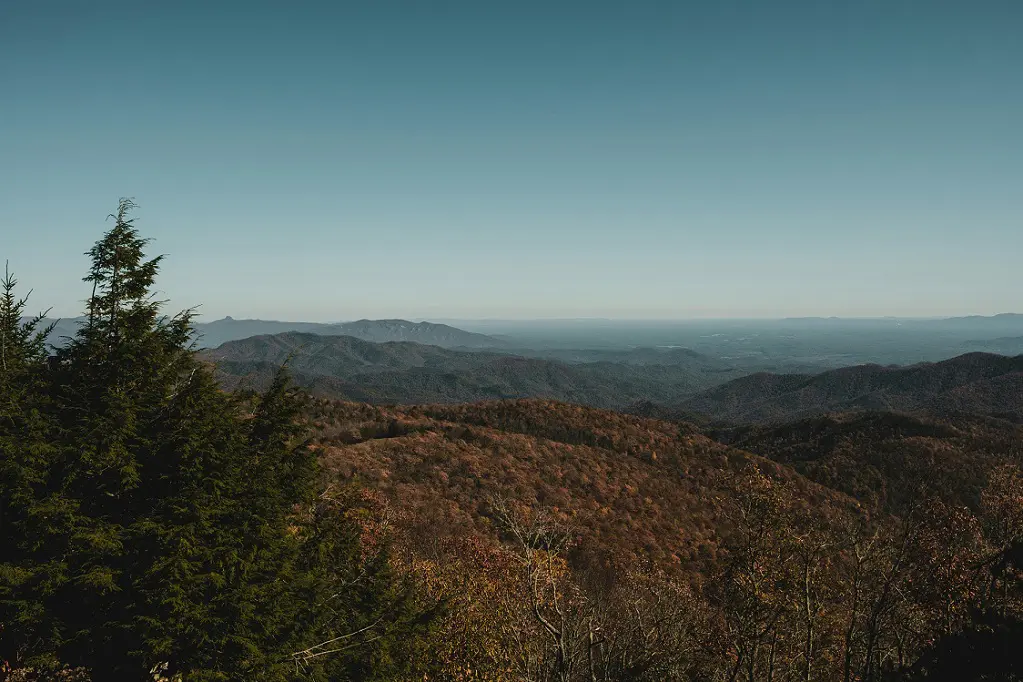
A Weekend in the Mountains
I spent the weekend in the quaint little town of Brevard, NC. For those unfamiliar with Brevard, the town sits in the Western North Carolina (“WNC’) mountains and is famously known for its waterfalls and beautiful surroundings. Brevard provides easy access to the Pisgah National Forest and the Blue Ridge Parkway. From hiking and fishing to scenic drives along the Blue Ridge Parkway, the region offers a refreshing escape from urban life. Fall is the most popular season to visit, with vibrant foliage painting the mountains in fiery hues. Leaf-peepers are drawn from across the country.
WNC stands as a testament to resilience and renewal. After enduring the devastating impact of Hurricane Helene in late 2024, which caused widespread damage across the region, the tourism industry has rebounded with remarkable vigor. Visitors are once again flocking to the mountains, drawn by the area’s natural beauty, cultural richness, and revitalized attractions.
Excited to be back at the place I once called home, I couldn’t help but reminisce over how much the area has changed since I lived there almost 10 years ago. I was astounded by the number of visitors in the town and neighboring areas. One of the most famous waterfalls, Looking Glass, was clogged with cars, making it impossible for many of us to complete our visit. Brevard’s downtown was as busy as I had ever seen it. Retail stores and restaurants had plenty of visitors throughout the day.
Barely a year after Hurricane Helene’s destructive impact, a few familiar faces shared their once-in-a-lifetime stories, including personal footage of how they endured the wild experience. Despite the recent challenges that the area faced, new restaurants, short-term accommodation, more streetlights, and newly built roundabouts are all part of the ever-developing Brevard scene. The surrounding communities worked tirelessly to rebuild what was lost and have managed to recreate the space in a way that encourages national tourism to return.
High-quality farm-to-table dining, craft breweries, heritage trails, and artisan markets continue to offer immersive ways to connect with the region’s culture and landscape. Additionally, new initiatives are promoting responsible, eco-friendly travel, encouraging visitors to support local businesses and preserve natural resources.
There is an unspoken concern that the mountains are no longer a quiet or affordable space for locals. The area has seen a significant increase in demand for nature-centric living, and limited housing inventory is a real concern. What remains true is that the mountains have a profound impact on tourism, and there really is something for everyone to do. Whether you want to escape the hectic city life for a nature-immersive camping experience or simply find a rugged terrain to dust off your mountain bike for a quick ride, WNC has you covered.
Nirvanna Silva
